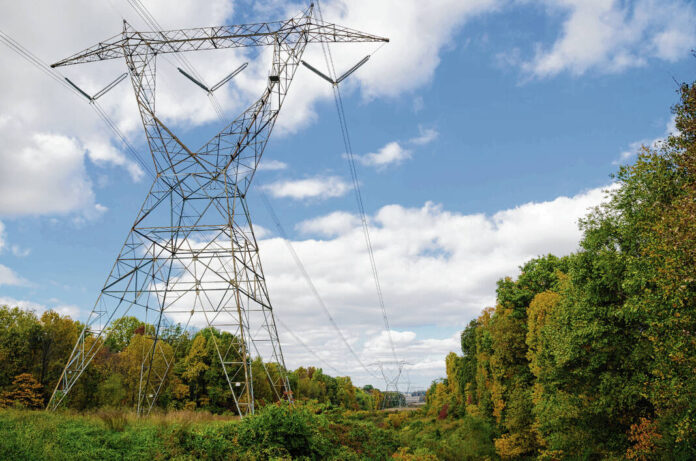Duke Energy is seeking regulatory approval to raise its rates, citing rising fuel costs, for the second time in the last four months.
On July 28, Plainfield-based Duke Energy Indiana filed an application with the Indiana Utility Regulatory Commission for approval of rate changes for its electric and steam services due to fuel costs. Duke Energy serves about 34,000 customers in Johnson County, and the application was filed as part of the utility’s quarterly Fuel Adjustment Clause, or FAC, tracker.
In the filings, Duke Energy announced its intent to increase its current electric rates for residential by 7.2%, or 29.8% over what these customers paid for the same period last year. It would appear on bills as an additional $11.71 per billing cycle, meaning a residential customer with a bill of $163.53 right now would see it go up to $175.24. For commercial customers, the rates will increase by less than 8.8% and for industrial customers, the rate will increase by less than 10.7%, according to filings.
If approved by regulators, the new rates would take effect in October and last for three months into December. However, Duke Energy has also requested these rates be spread out over six months, instead of the usual three-month period to reduce the impact, according to Duke Energy’s application and officials.
This is Duke Energy’s second request for a rate increase with its FAC in the last four months. In June, the utility received regulatory approval for a 16% rate increase, or an additional $22.59 a month, that applies for a six-month period from July to December 2022. The two increases combined total $34.30 over the last two FAC proceedings, documents show.
Representatives of Duke Energy, which is Indiana’s largest electric utility provider, said in testimony filed with the application that the increase was needed due to continued volatility in fuel markets, which the company had also cited in its previous request to raise rates. The utility has experienced a “significant and prolonged” rise in coal, natural gas and wholesale power prices between the time when their projections were made earlier this year and when previous rates went into effect, filings say.
Utility representatives also said in filings that constraints from high gas prices, coal supply and fossil fuel transportation have significantly affected how Duke Energy operates its fossil fuel thermal plants and how the utility purchases energy and fuel in the marketplace.
“Duke Energy Indiana has made every reasonable effort to acquire fuel and generate or purchase power or both so as to provide electricity to its retail customers at the lowest fuel cost reasonably possible,” the filing says.
Duke Energy officials said in a statement that the rate increases are not permanent. Fuel costs rise and fall, and the utility passes the costs onto customers with no profit, meaning customers pay what Duke Energy pays, officials said.
“Our priority is to purchase fuel at the best possible price, through steps such as long-term contracts and using a diversity of suppliers. To lessen the impact on customer bills, we have proposed spreading recovery of some of these fuel costs over a longer period to reduce the rate impact,” officials said in a statement.
The utility is encouraging customers who are struggling to pay their electric bills to call them at 800-521-2232. Customer service representatives can discuss payment plans and provide other resources for help. Duke Energy has also taken steps to help customers manage their bills by extending interest-free payment plans for eligible customers to six months, said Angeline Protogere, a Duke Energy spokesperson.
More information can be found online at duke-energy.com.
Customers are also encouraged to look at tools such as budget billing and high bill alerts to help manage bills. The High Bill Alerts feature is designed to let customers know if their bill is going to be higher than usual so they can adjust their electric consumption, Protogere said.
Financial assistance is available through Duke Energy’s Share the Light program, where eligible customers can receive up to $300 in energy bill assistance. The utility recently added $100,000 in funds to the program, she said.
There also is assistance available from the state of Indiana, Protogere said.
A public evidentiary hearing on Duke Energy’s FAC tracker request will take place at 1:30 p.m. on Sept. 19 in Room 222 at the PNC Center, 101 W. Washington Street, Indianapolis.





